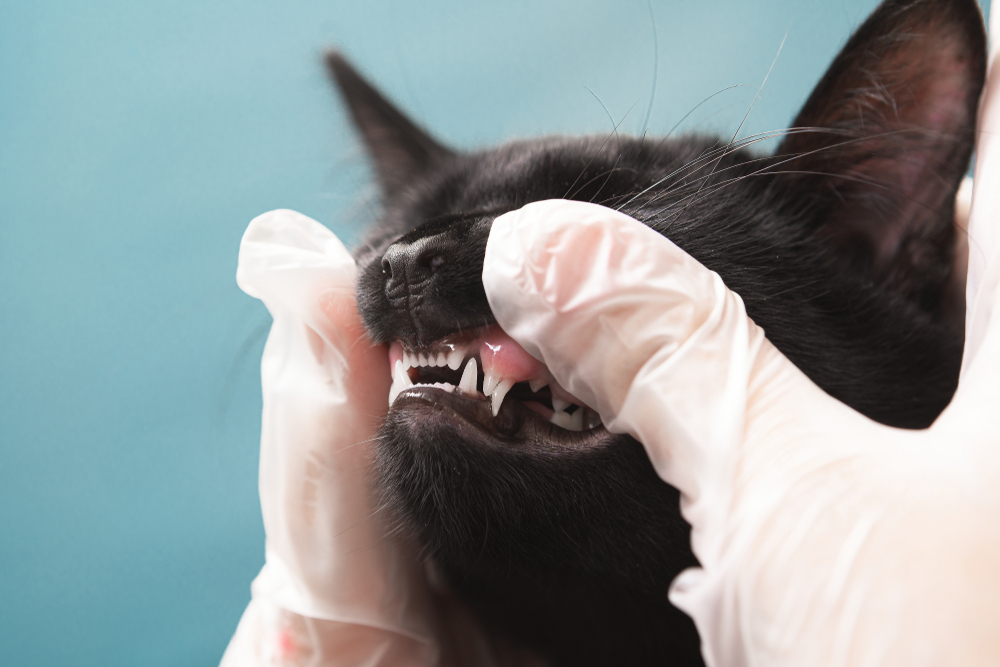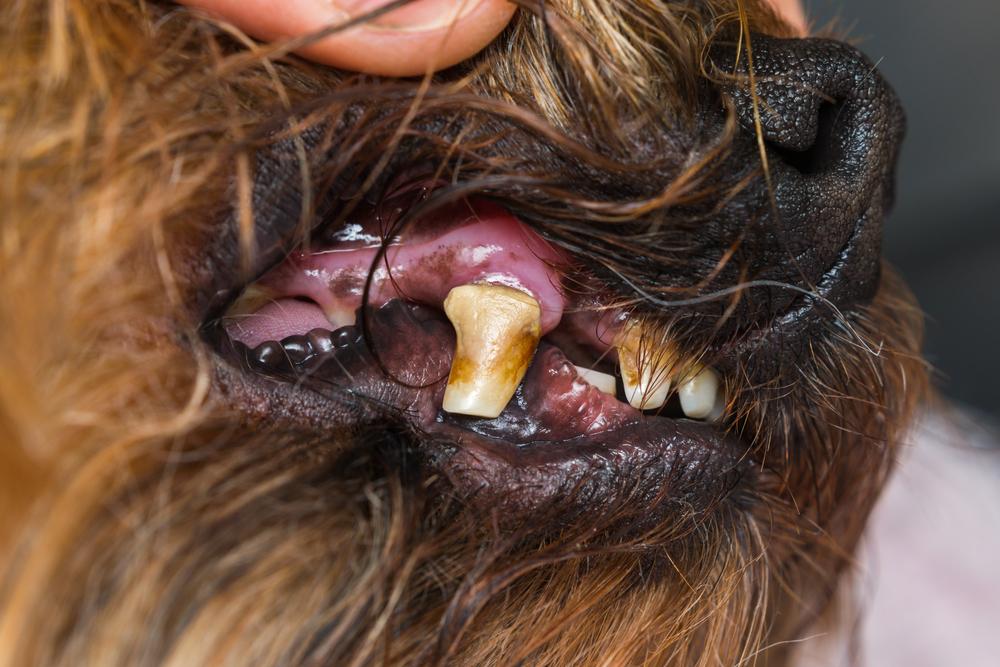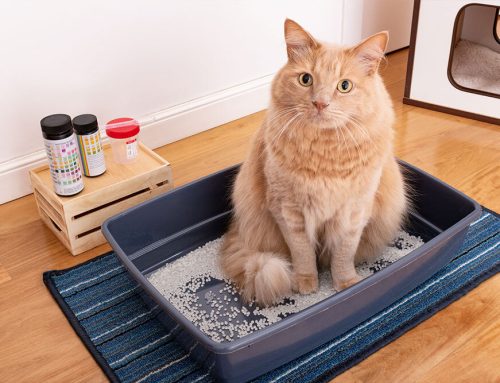An estimated 80% to 90% of cats and dogs are diagnosed with periodontal disease after age 3. That is a startling fact, especially since the disease is preventable. Therefore, our Driftwood Animal Hospital team is providing the information you need to better care for your pet’s oral health.
Periodontal disease in pets is more than smelly breath—the disease can also shorten your pet’s life. Most loving owners want to extend their precious pet’s health, vitality, and lifespan, and taking a bite out of pet dental disease through education, awareness, and action should be the first order of business.
The obvious—and elusive—signs of pet periodontitis
Pets often can mask pain and discomfort and other health problems, so owners must be vigilant in tracking changes. Common signs of cat and dog dental disease include:
- Halitosis (i.e., bad breath)
- Difficulty eating
- Chewing on one side of the mouth
- Brown or yellow teeth
- Red, inflamed gums
- Bleeding from the gum line
- Facial swelling
- Pawing at or rubbing the mouth
- Wobbly or missing teeth
These signs call for a veterinary examination. We will look closely inside your pet’s mouth—so you don’t have to—and recommend next steps.
The problem with periodontitis
Do you wince every time your pet opens their mouth? Bad breath in cats and dogs is not the norm. Your pet’s breath may never smell like a dinner mint, but unpleasant breath often signals bigger problems, such as periodontitis that, left untreated, can put your pet’s overall health at risk.
Periodontal disease is an ongoing problem that begins when bacteria build up in the mouth, damage the teeth, and eventually move into the bloodstream and damage organs, including the heart, liver, and kidneys. Periodontitis often requires tooth extractions and then regular veterinary dental cleanings to stop or prevent disease progression. Toothbrushing at home should also be part of the regimen.
What causes periodontal disease in pets?
Any pet is subject to dental disease when their oral hygiene is neglected, but certain factors can increase periodontitis risk.
- Age — Older pets are prone to dental disease, because the basic wear and tear over the years compromises overall health.
- Insufficient diet — If your pet does not receive proper nutrition, their health, including dental health, will suffer.
- Breed — Certain breeds, including greyhounds, whippets, Yorkshire terriers, Chihuahuas, pugs, bulldogs, and several flat-faced breeds, are more prone to dental disease because of the shape of their mouth.
- Intact baby teeth — Sometimes, baby teeth don’t fall out and cramp the dental cavity.
- Diabetes mellitus — Diabetes in pets weakens the immune system, making them more vulnerable to dental disease.
Diagnosing and treating pet periodontal disease
During your pet’s dental examination, we will determine a periodontal disease diagnosis through:
- Complete medical history, looking for immune deficiency
- Dental examination, often performed under anesthesia
- Bacterial culture from the mouth
- Blood work
- X-rays to show the entire dental region
After your pet is diagnosed with periodontal disease, the veterinary team will determine the disease stage. Periodontitis has four stages, with stage 4 the most advanced and severe.
Dental disease treatment varies, depending on disease progression. In stage 1 (i.e., gingivitis), a professional dental cleaning under anesthesia can most effectively eliminate plaque and tartar (calculus). When infection is present, antibiotics will be prescribed. At the later disease stages, tooth extractions may be required.
Preventing periodontal disease in your pet

The bottom line is this—pet owners can prevent their pets from this terrible disease, most importantly by ensuring they receive at least annual wellness examinations, including oral exams. Preventive care is essential for all animals of all sizes and breeds. Wellness examinations also offer the chance to ask questions about how to better care for your pet’s teeth.
Along with regular veterinary checkups, you should brush your pet’s teeth daily or every other day at home. Can you imagine never brushing your teeth, or skipping brushing for a few weeks?
Schedule an appointment with our Driftwood Animal Hospital team this National Pet Dental Health Month. We can teach you the ropes on safely brushing your pet’s teeth and ensuring optimal oral hygiene. And, we want to see your furry friend’s smile.








Leave A Comment